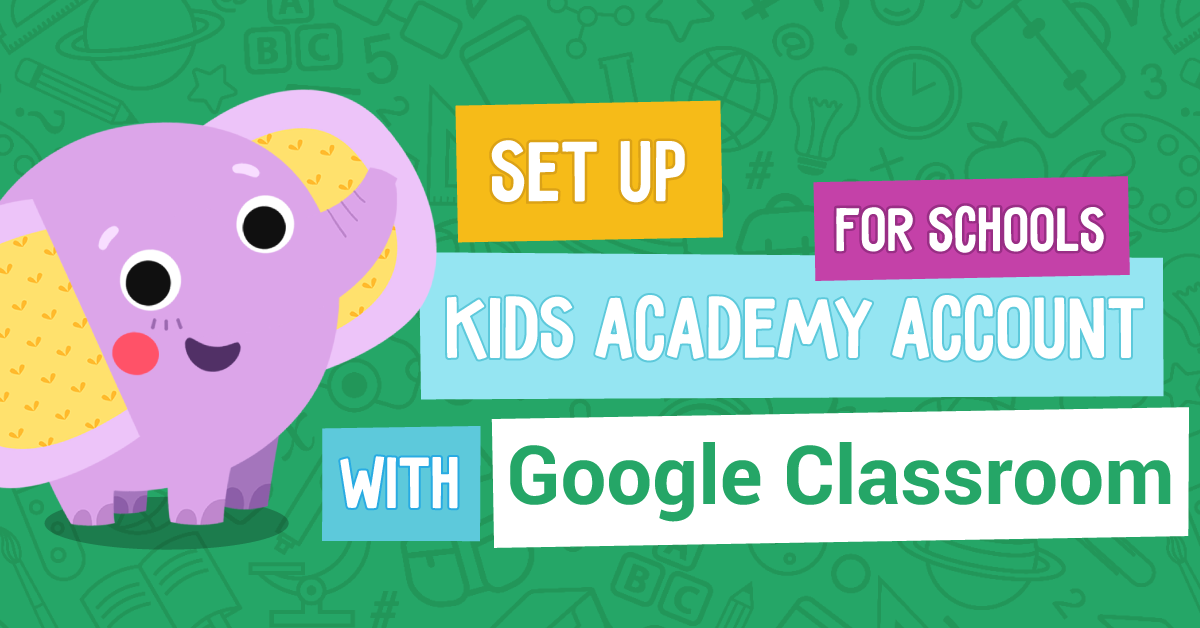Easy International Chess Day worksheets activities for Ages 4-9
6 filtered results
-
From - To
Celebrate International Chess Day with our engaging worksheets designed for children ages 4-9! These activities provide a fun and educational way to introduce young learners to the world of chess, enhancing critical thinking and problem-solving skills. Our worksheets include colorful puzzles, matching games, and simple chess-themed brain teasers that make learning enjoyable. Ideal for classrooms or at-home learning, these resources encourage teamwork, strategy, and creativity while keeping your little ones entertained. Perfect for both chess enthusiasts and beginners, these easy-to-follow worksheets will surely inspire a love for the game. Download now and let the chess fun begin!
Easy International Chess Day activities for children aged 4-9 are essential for several reasons. Firstly, engaging in chess nurtures critical life skills such as problem-solving, decision-making, and strategic thinking. At a young age, children are like sponges, readily absorbing concepts, and chess encourages them to think several steps ahead. Through this game, they learn to anticipate the consequences of their actions, a lesson applicable in everyday situations.
Moreover, chess promotes social skills and sportsmanship. By participating in friendly matches, children learn how to interact respectfully with peers and handle both victory and defeat gracefully. Such interactions foster a sense of community and collaboration among young learners.
Additionally, the structured environment of chess supports cognitive development. It enhances concentration and patience, skills that are invaluable in a classroom setting. Activities tailored for this age group introduce chess in a fun, engaging manner, making learning enjoyable and stimulating rather than intimidating.
In conclusion, Easy International Chess Day activities provide a unique blend of intellectual, social, and emotional development opportunities, making them highly beneficial for children aged 4-9. Parents and educators should actively promote these activities to foster well-rounded growth in young learners.

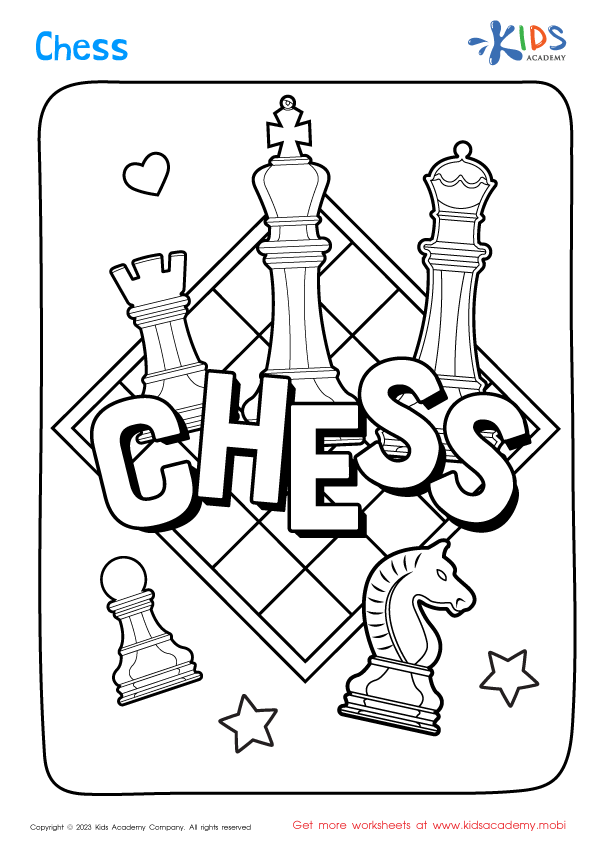
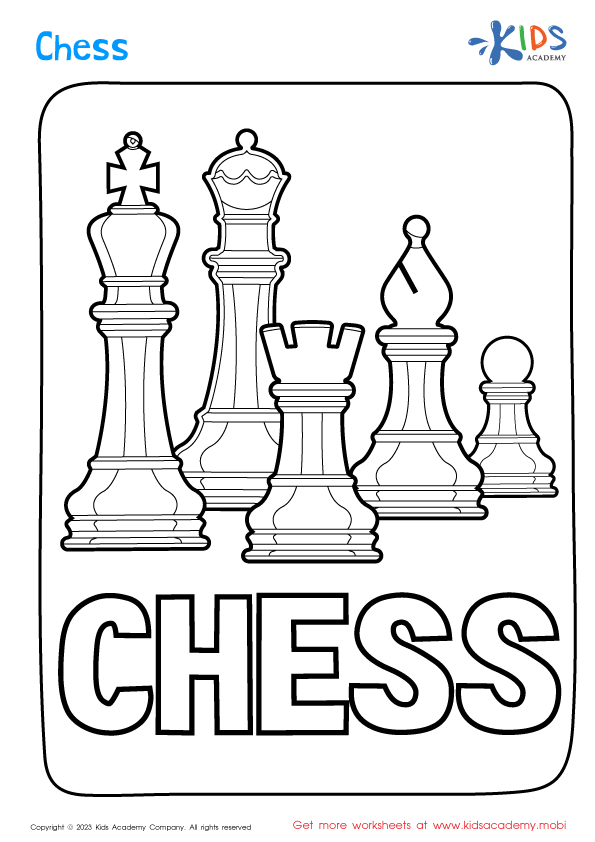
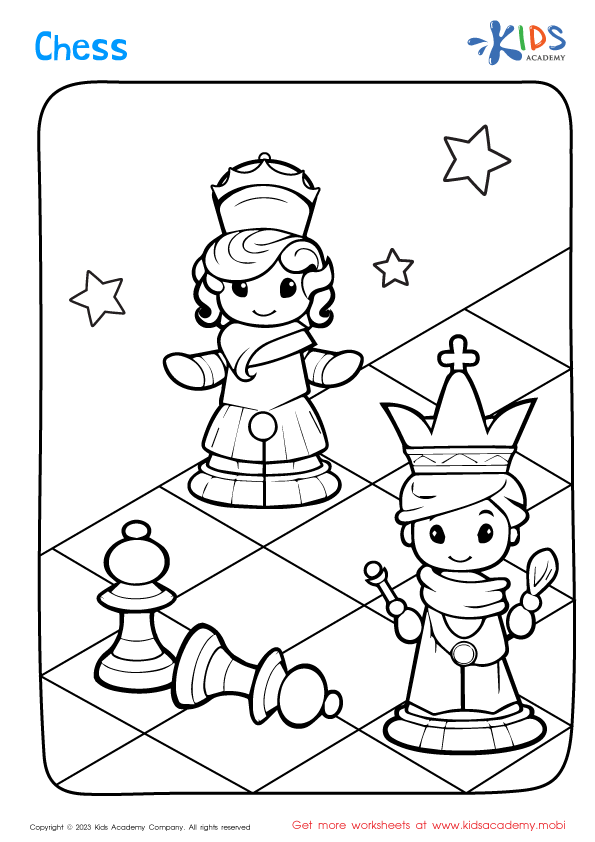
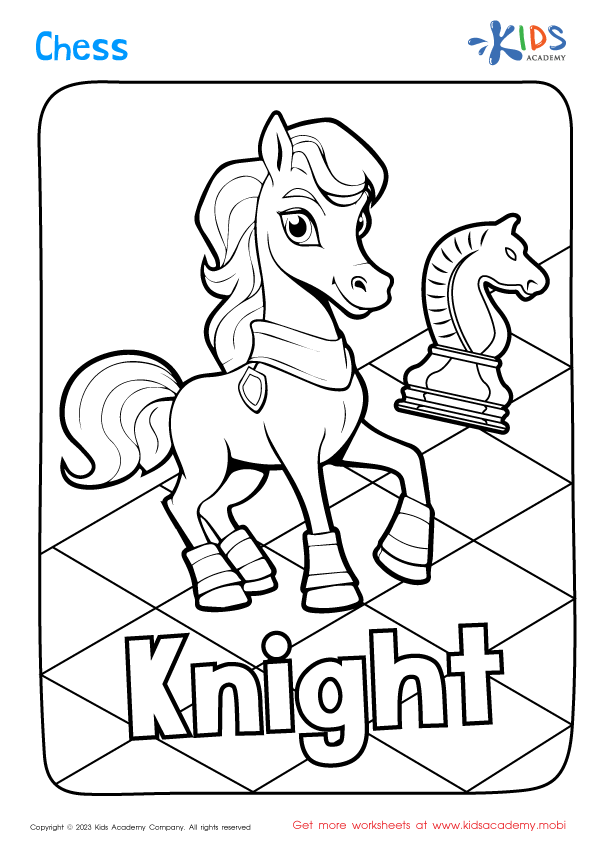
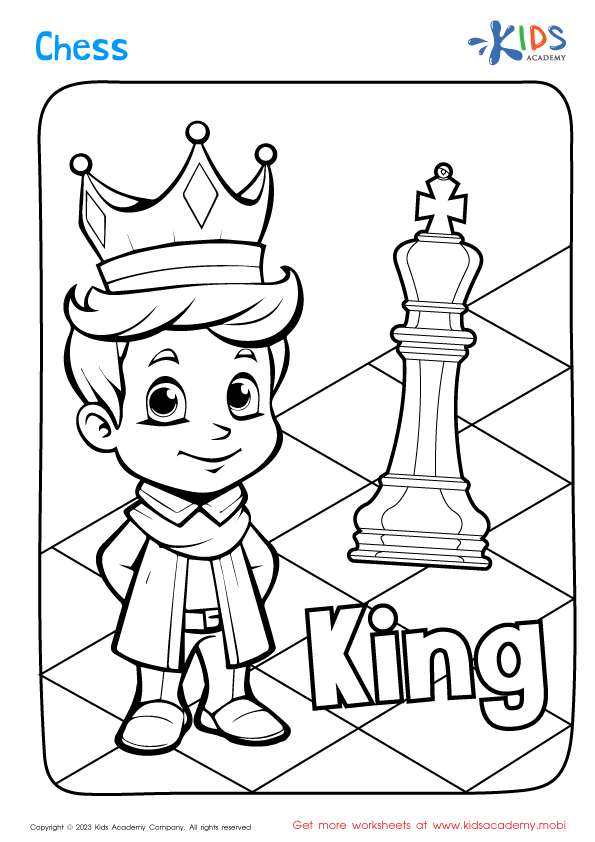
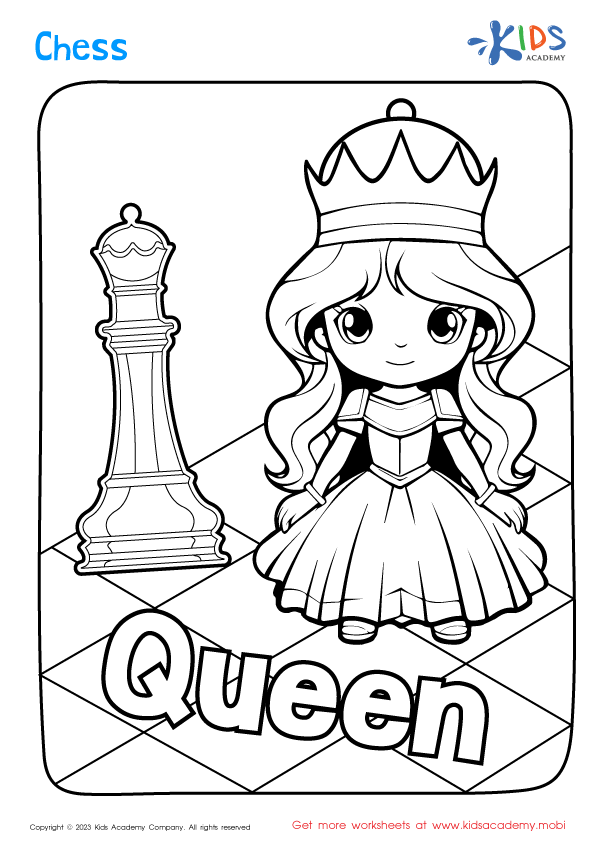



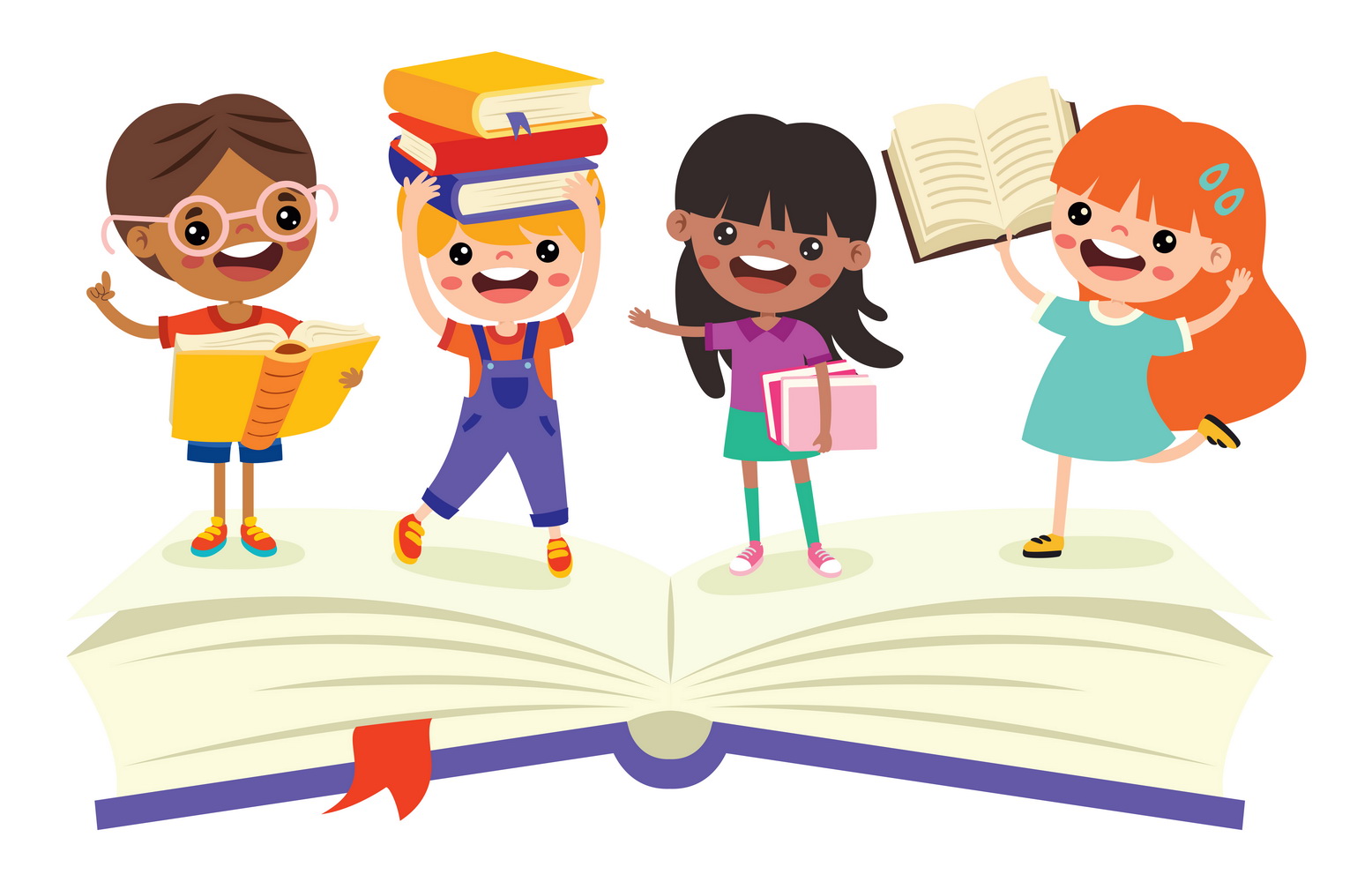
.jpg)

